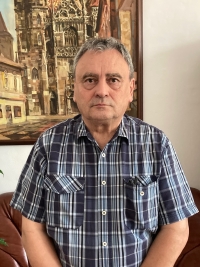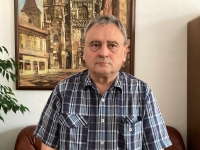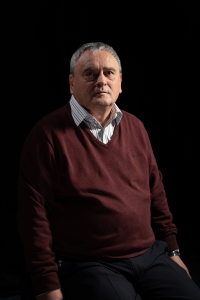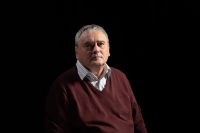None of us did not know what this social change entailed, and what everything would have to be done to release the energy that was hidden in people
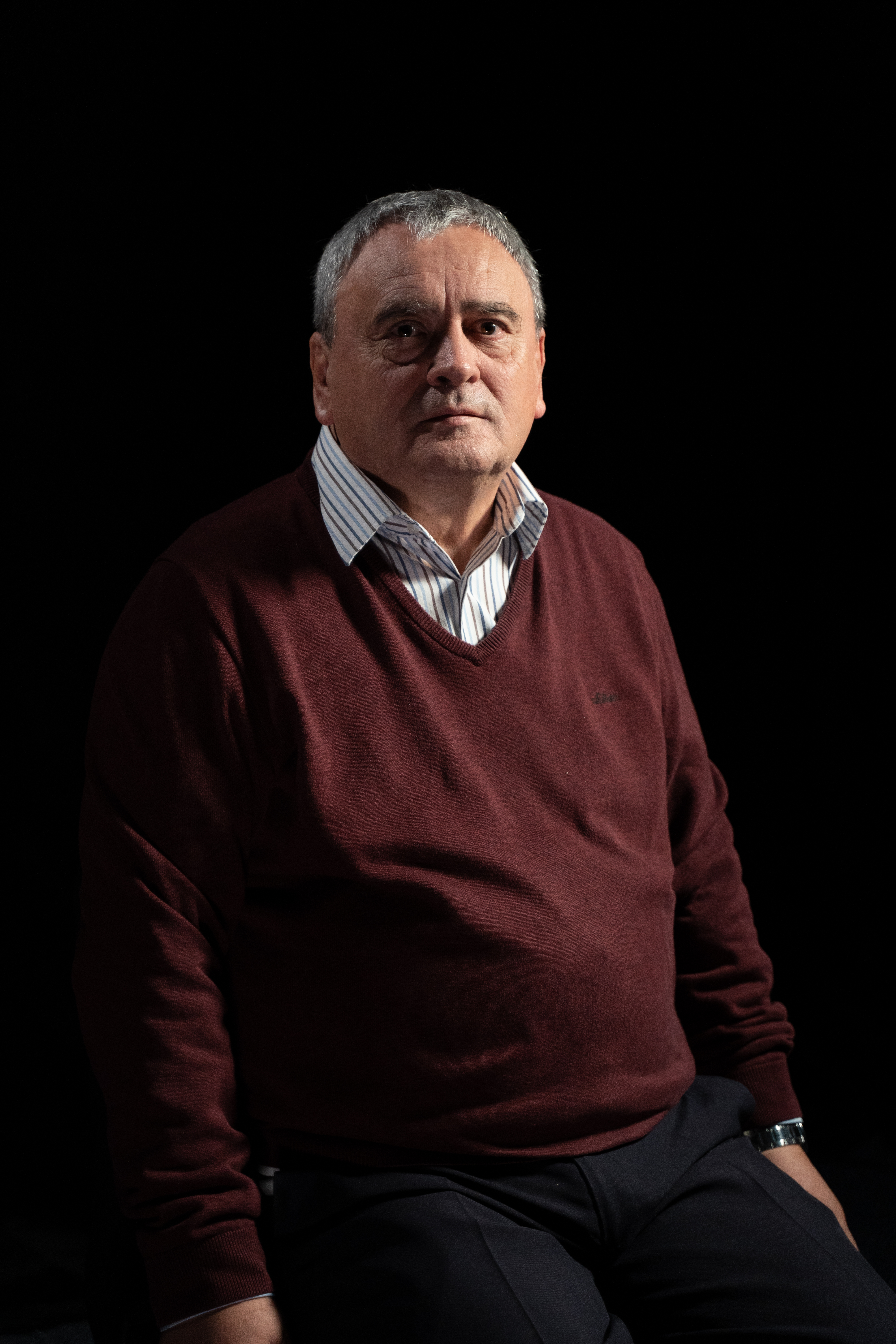
Download image
Pavol Hric was born on July 5, 1955 in Trebišov. He has three older siblings and spent his childhood in the village Nižný Žipov in eastern Slovakia. From 1963, he started attending elementary school, during which he experienced the arrival of occupying Soviet troops in Czechoslovakia. Pavol comes from a peasant family that lost all its property during collectivization. After elementary school, he entered the gymnasium in Trebišov and in 1974 he went to study at the Slovak Technical University in Bratislava. While studying at university, he participated in meetings of the secret church, where he also met his first samizdat. After completing his studies, he moved to Košice, where he got a job at the company Inorga - Institute of Automation in Industry and Heavy Engineering. Pavol was at the creation of the Občianske fórum during the Velvet Revolution. After the Velvet revolution, he was involved in Christian Democratic clubs. In 1990 he started a business in the field of software design. In Košice in 2021 he founded the Museum of Victims of Communism.
